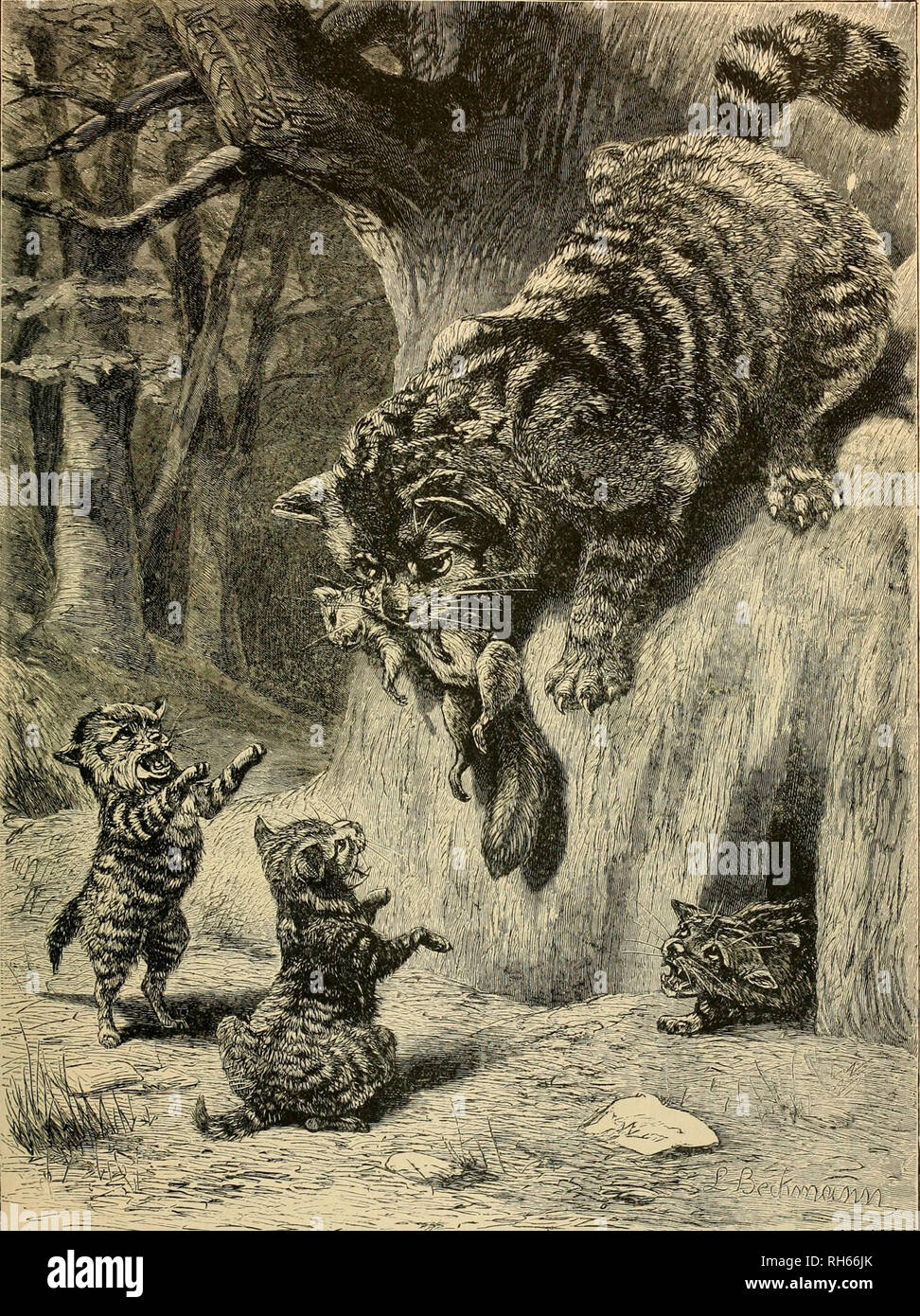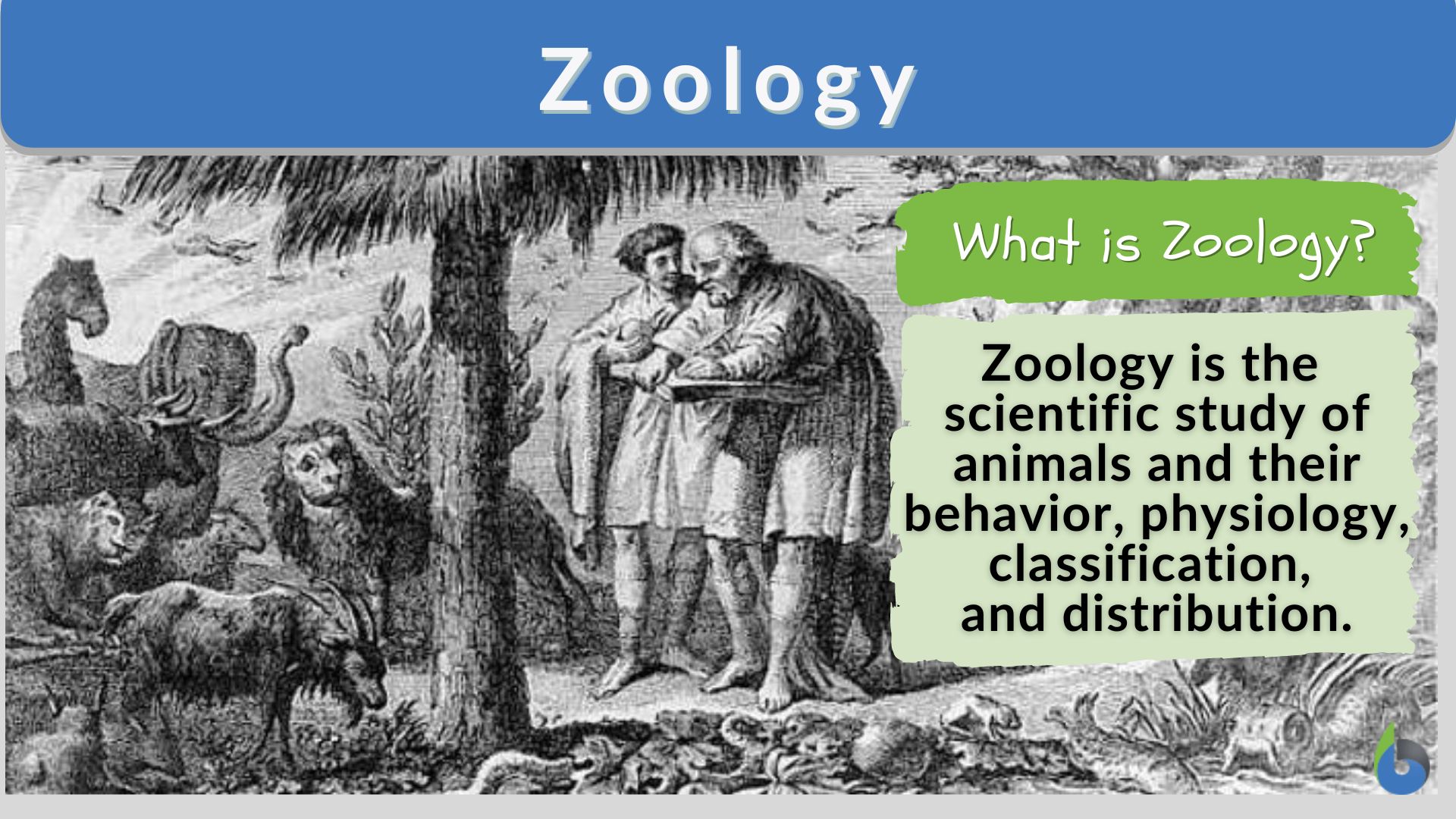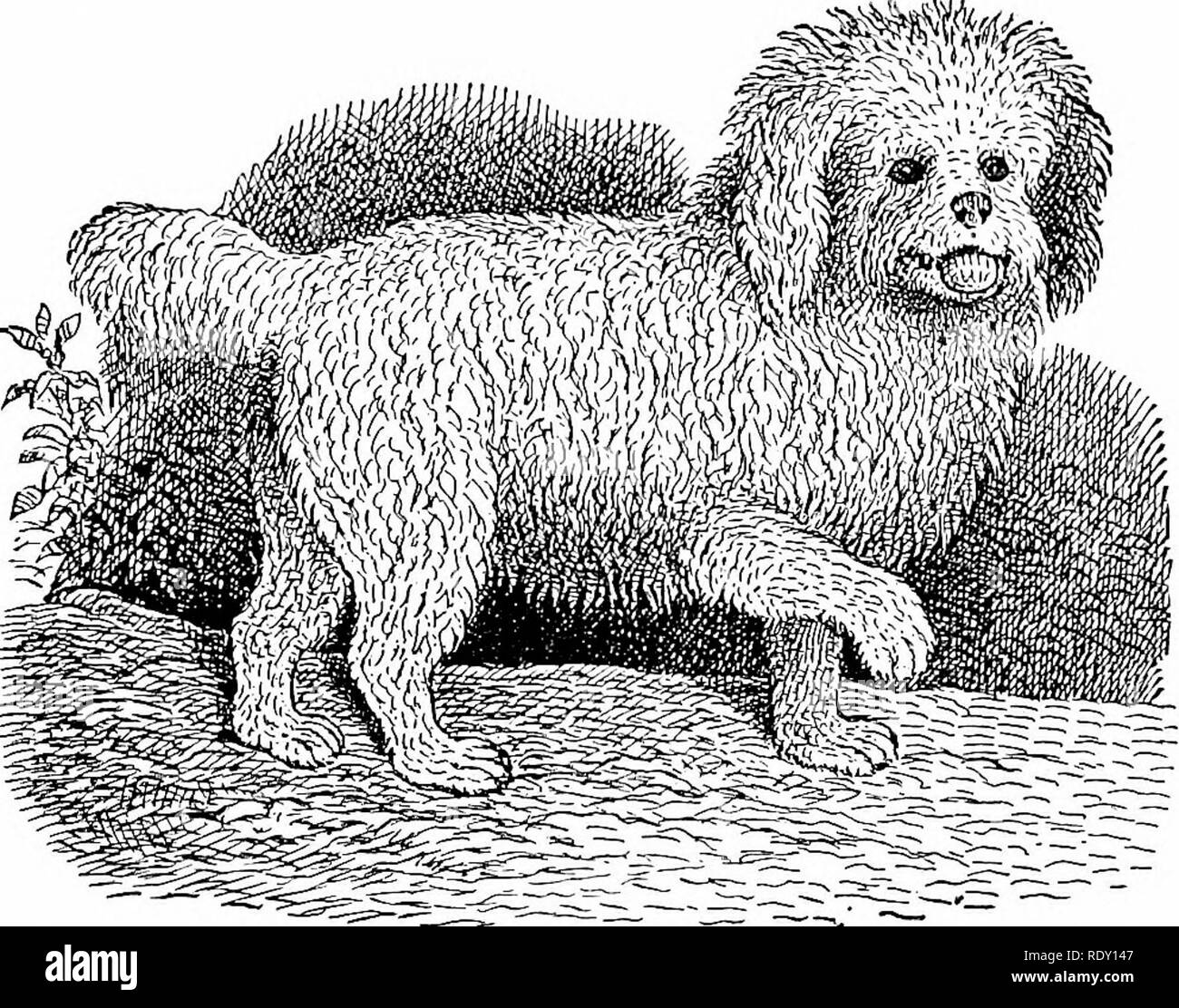To become an animal behaviorist, you need to obtain a relevant education and gain hands-on experience in the field. Animal behaviorists study the behavior of animals to understand their actions and motivations.
They observe, analyze, and interpret animal behavior to provide insights into animal welfare, training, and conservation. To pursue a career in this field, you can earn a degree in biology, zoology, psychology, or a related discipline, followed by obtaining practical experience through internships or volunteer work.
By acquiring knowledge and experience in animal behavior, you can become a qualified animal behaviorist and contribute to understanding and improving the lives of animals.

Credit: www.alamy.com
2. Education and Training
When it comes to pursuing a career as an animal behaviorist, education and training are integral steps that you must undertake. Here are the key aspects to keep in mind:
2.1 Pursue a Bachelor’s Degree in a Relevant Field
In order to establish a strong foundation in animal behavior, it is highly recommended to pursue a Bachelor’s degree in a relevant field. This will equip you with the fundamental knowledge and skills required to work in this field. Consider enrolling in programs such as:
| Relevant Fields | Related Disciplines |
|---|---|
| Biology | Zoology, Ecology, Ethology |
| Psychology | Comparative Psychology, Animal Cognition |
| Animal Science | Animal Husbandry, Animal Welfare |
This Bachelor’s degree will provide you with a solid understanding of animal behavior, physiology, and ecology.
2.2 Acquire Fieldwork Experience
Hands-on experience is crucial for becoming a successful animal behaviorist. Working with animals in various settings will give you practical insights and enhance your analytical skills. Seek out opportunities for fieldwork experience, such as:
- Internships at zoos, wildlife sanctuaries, or rehabilitation centers
- Volunteer positions with animal behavioral research projects
- Assisting professors or researchers involved in animal behavior studies
Remember, the more diverse your fieldwork experiences, the better equipped you’ll be to understand and analyze animal behavior.
2.3 Obtain a Master’s Degree in Animal Behavior
A Master’s degree in animal behavior is essential for advancing your career in this field. This graduate-level program will allow you to specialize in specific areas and conduct your own research. Some universities offer specialized programs in animal behavior, while others offer it as a concentration within a broader field, such as biology or psychology.
- During your Master’s program, you may have the opportunity to:
- Conduct independent research projects
- Collaborate with established professionals in the field
- Publish your findings in academic journals
The Master’s degree will equip you with advanced knowledge and research skills necessary to make impactful contributions to the field of animal behavior.
2.4 Optional: Pursue a Ph.d. for Advanced Research Opportunities
If you’re interested in pursuing advanced research opportunities or teaching at a university level, consider pursuing a Ph.D. in animal behavior or a closely related discipline. This doctoral degree will allow you to conduct extensive research, contribute to the existing body of knowledge, and be recognized as an expert in your field.
To pursue a Ph.D., you will typically need to:
- Identify a research topic of interest
- Secure funding through grants, scholarships, or assistantships
- Complete coursework in your chosen area of specialization
- Conduct original research and write a dissertation
A Ph.D. will open doors to leadership positions and advanced research opportunities within academia, government agencies, or private industry.
3. Developing Skills and Knowledge
To become an animal behaviorist, you need to develop your skills and knowledge in the field. This can be done through studying animal behavior, gaining practical experience, and staying updated with the latest research and advancements. With dedication and continuous learning, you can pursue a rewarding career as an animal behaviorist.
To become an animal behaviorist, it is essential to develop a strong set of skills and acquire extensive knowledge in the field. This involves several key aspects such as observing and studying animals in their natural habitats, learning about different animal species, understanding behavioral theories and research methods, and gaining practical experience through internships or volunteer opportunities.3.1 Observe and Study Animals in Their Natural Habitats
Observing and studying animals in their natural habitats allows animal behaviorists to gain valuable insights into their behaviors. By immersing themselves in the natural environment, behaviorists can closely observe various species and document their behaviors using scientific methods. This direct observation helps in unraveling the intricacies of animal behavior and understanding the factors that influence their actions.3.2 Learn about Different Animal Species
Understanding different animal species plays a crucial role in becoming an animal behaviorist. Knowledge about the diversity of species, their habitats, and their unique behavioral characteristics is fundamental. By studying the biology, physiology, and ecology of various animals, behaviorists can develop a comprehensive understanding of their behaviors and better analyze their interactions within their ecosystems.3.3 Understand Behavioral Theories and Research Methods
To become proficient in animal behavior, a solid understanding of behavioral theories and research methods is crucial. Behavioral theories such as classical conditioning, operant conditioning, and social learning theory provide frameworks for interpreting animal behaviors. Familiarity with research methods such as data collection, statistical analysis, and experimental design allows behaviorists to conduct rigorous scientific studies that contribute to the field’s knowledge base.3.4 Gain Practical Experience through Internships or Volunteer Opportunities
Acquiring practical experience through internships or volunteer opportunities is an excellent way for aspiring animal behaviorists to apply their theoretical knowledge in real-world settings. Working with professionals in the field or at animal research facilities provides hands-on experience in conducting behavioral observations, data collection, and analysis. Such practical experiences not only enhance skill development but also provide valuable networking opportunities with experts in the field. In conclusion, developing skills and knowledge is vital for anyone aspiring to become an animal behaviorist. By observing animals in their natural habitats, learning about different species, understanding behavioral theories and research methods, and gaining practical experience through internships or volunteer opportunities, individuals can prepare themselves for a successful career in the field of animal behavior.4. Professional Opportunities
Animal behaviorists have a world of professional opportunities open to them. With specialized knowledge and experience, they can work in fields such as research, conservation, training, and consulting, making a significant impact on both animals and their human counterparts. The path to becoming an animal behaviorist involves gaining relevant education and hands-on experience in the field.
If you have a passion for understanding animal behavior and want to pursue a career in this field, there are various professional opportunities available to you. These opportunities allow you to work closely with animals, contribute to scientific research, and make a positive impact on their well-being. Here are four main areas where you can apply your knowledge and expertise as an animal behaviorist.4.1 Work in Research Institutions or Universities
Working in research institutions or universities provides incredible opportunities for animal behaviorists to study and uncover the mysteries of various species. In this role, you may conduct experiments, analyze data, and publish findings to contribute to the existing body of knowledge. Whether it’s investigating communication patterns in primates or studying social behavior in marine mammals, research institutions and universities allow you to delve deep into the fascinating world of animal behavior.4.2 Employment in Zoos and Wildlife Preserves
Zoos and wildlife preserves offer an exciting work environment for animal behaviorists. In these settings, you can observe and interact with a wide range of animal species on a daily basis. Your primary responsibility would be to ensure the welfare and enrichment of captive animals, assisting in the development and implementation of behavioral management plans. This can involve designing and conducting training programs, conducting behavioral assessments, and creating environmental enrichment strategies to improve the overall well-being of the animals under your care.4.3 Animal Behavior Consulting and Training
Animal behavior consulting and training offer opportunities for animal behaviorists to work directly with pet owners, providing guidance and solutions to address behavioral issues in companion animals. This can include helping owners understand and modify problematic behaviors, such as aggression, separation anxiety, and phobias. As an animal behavior consultant or trainer, you will develop customized training plans, educate pet owners on effective training techniques, and assist them in strengthening the human-animal bond.4.4 Conservation and Rehabilitation Organizations
Conservation and rehabilitation organizations play a vital role in protecting and reintroducing endangered species into their natural habitats. Animal behaviorists can contribute to these efforts by studying animal behavior to better understand their needs and behaviors. This information can then be used to develop successful reintroduction strategies and design effective conservation programs. By collaborating with experts from various disciplines, including biology, ecology, and veterinary medicine, animal behaviorists can actively contribute to the preservation and rehabilitation of animal populations worldwide. In conclusion, becoming an animal behaviorist opens the door to a wide range of professional opportunities. Whether you choose to work in research institutions, zoos, consult with pet owners, or contribute to conservation efforts, your expertise in animal behavior will be valuable in improving animal welfare and understanding the complex world of our fellow creatures.
Credit: www.biologyonline.com

Credit: www.alamy.com
Conclusion
To sum up, becoming an animal behaviorist requires a genuine passion for animals and a commitment to understanding their behaviors. It involves acquiring a solid education in relevant fields like biology, psychology, and zoology, as well as gaining hands-on experience through internships and research.
By continuously learning, staying updated with current research, and applying this knowledge in practical settings, aspiring animal behaviorists can contribute to the well-being of both animals and their human companions. So, if you’re ready to embark on this rewarding journey, start by exploring educational opportunities and avenues for gaining experience in the fascinating field of animal behavior.
